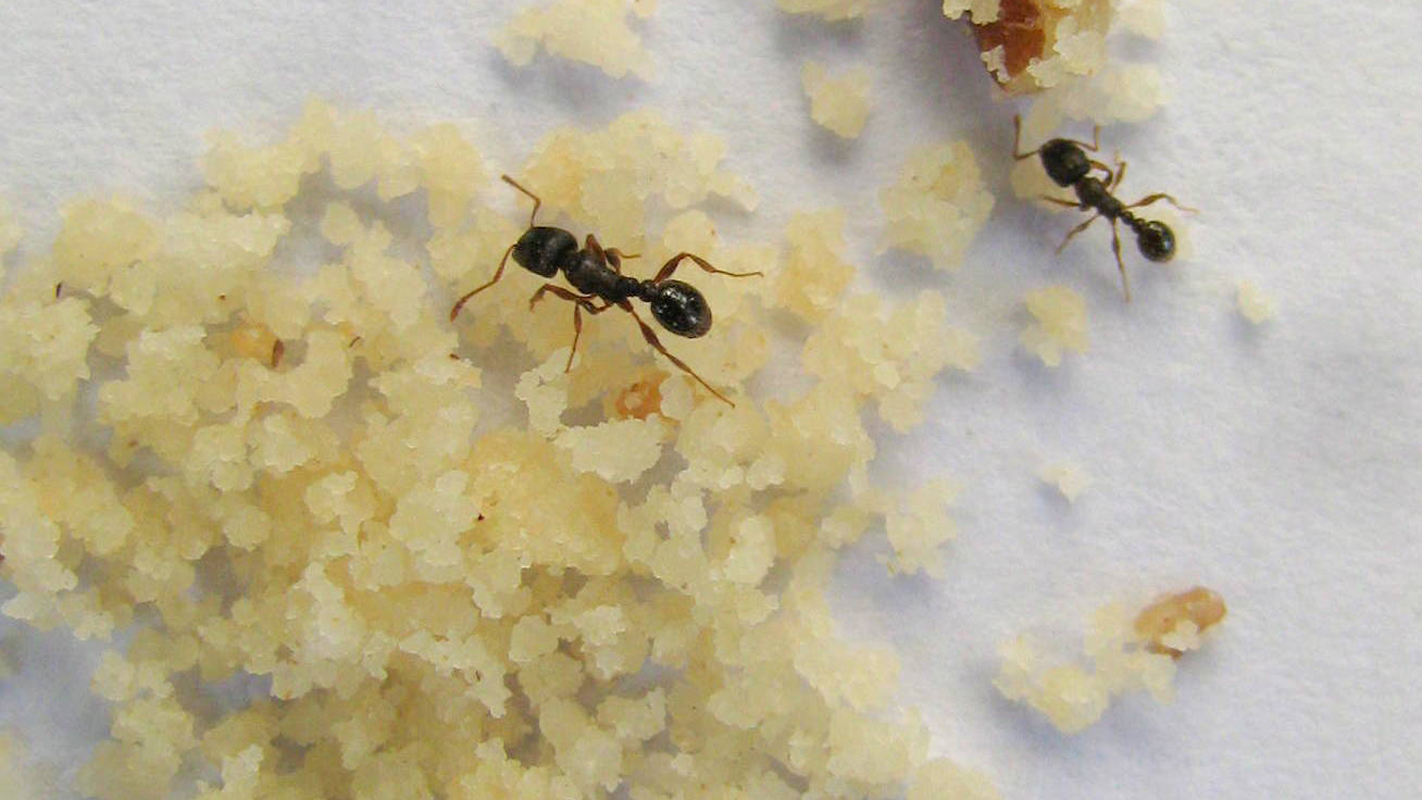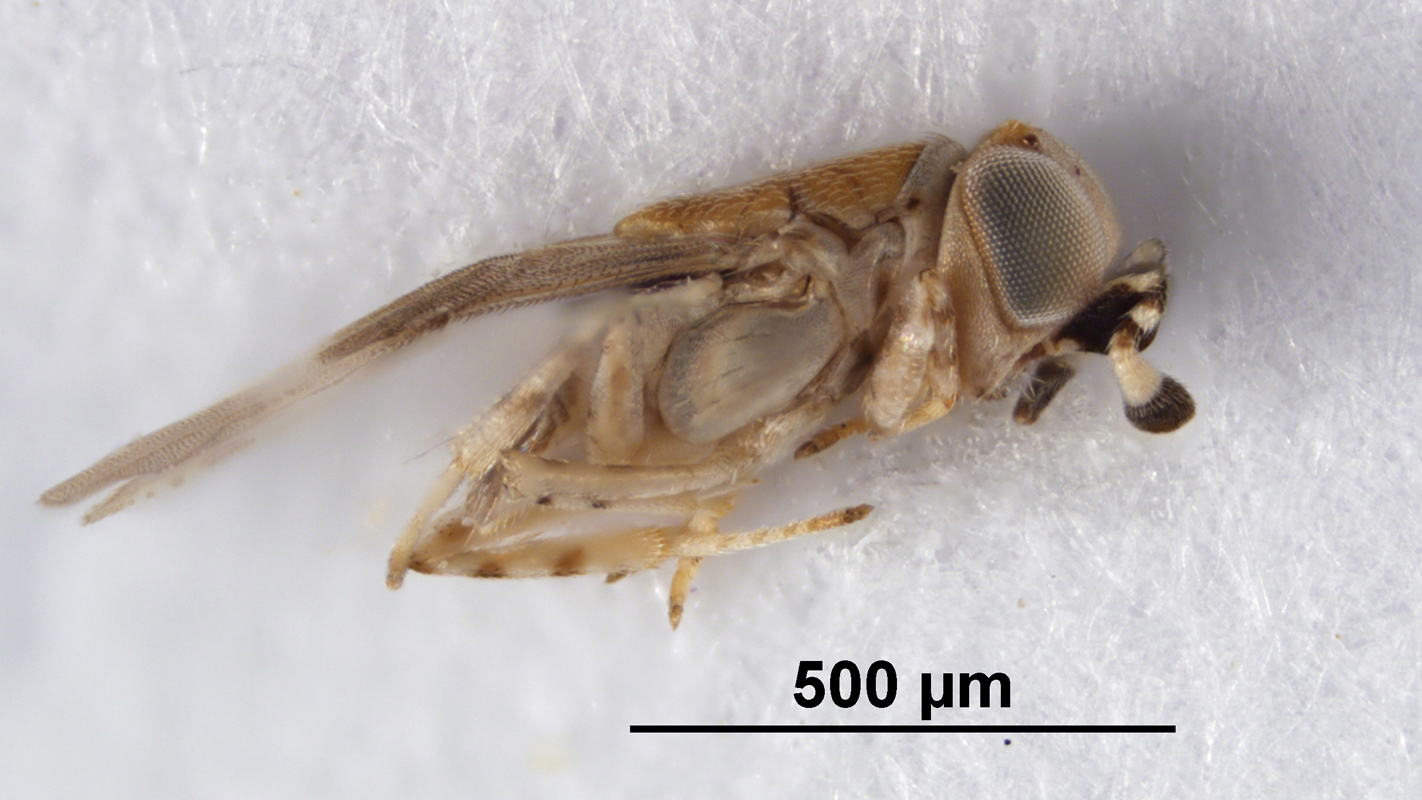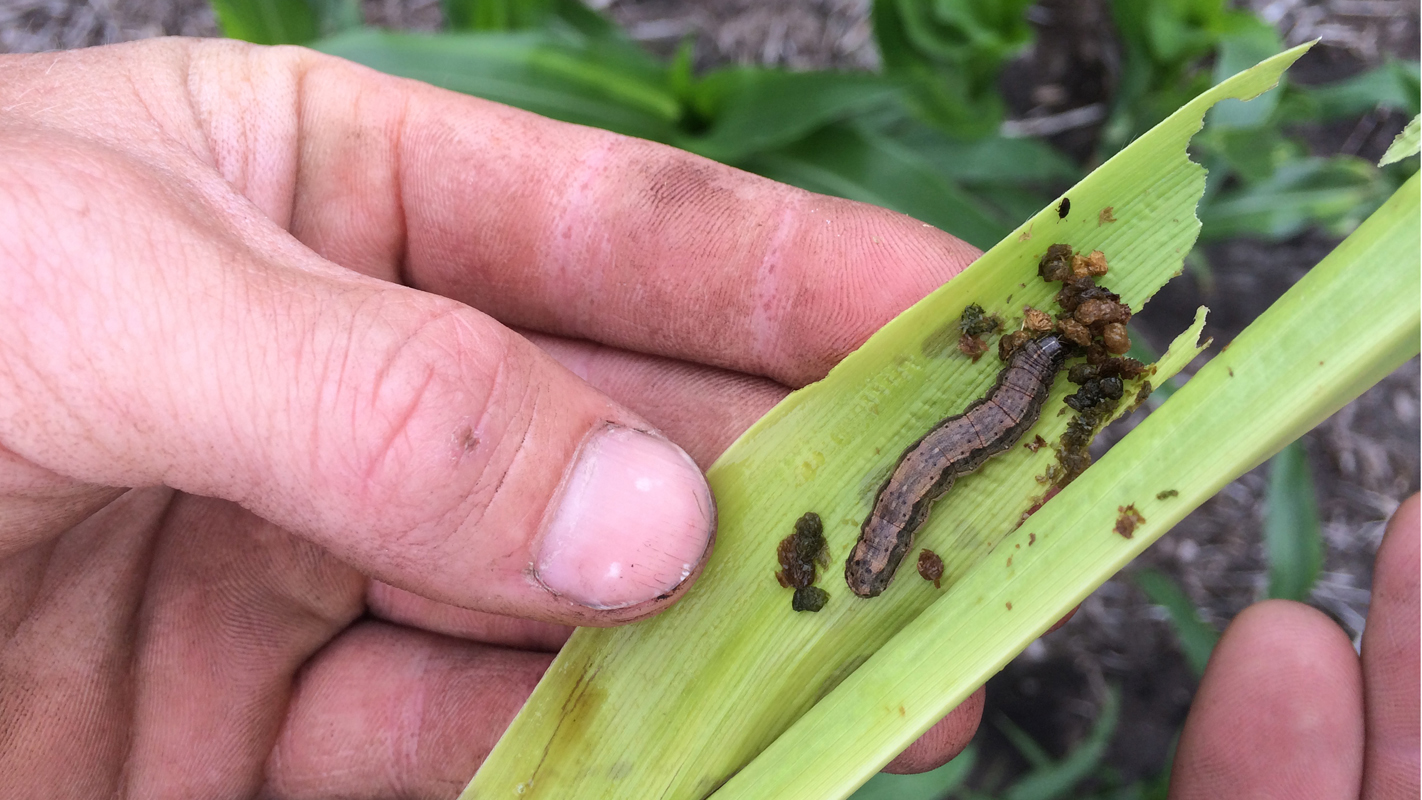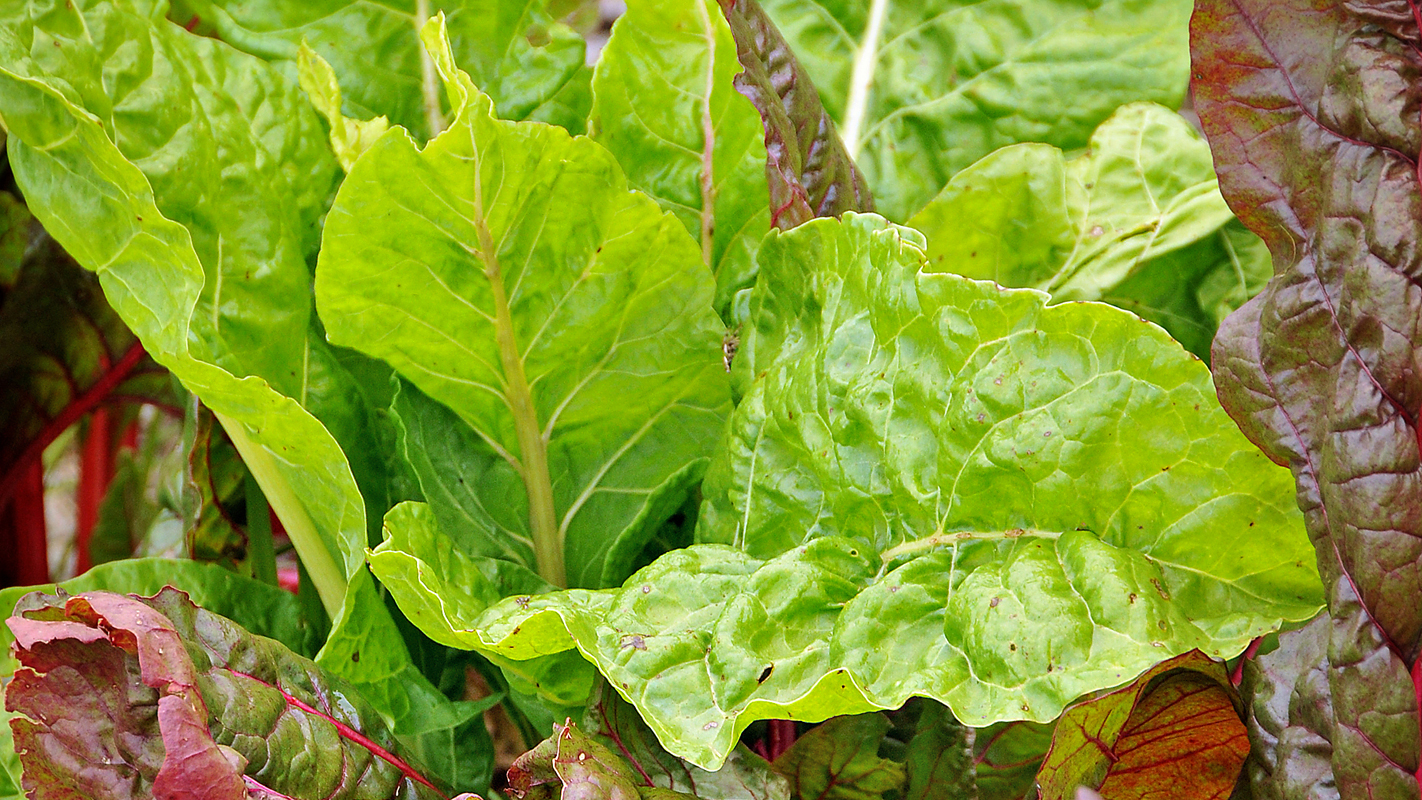Agriculture and Life Sciences

If Eggnog Has Eggs in it, Why Is it Safe to Drink?

Study Finds Insects Play Important Role in Dealing with Garbage on NYC Streets

Warmer Temperatures Limit Impact of Parasites, Boost Pest Populations

Something Resistant This Way Comes: An Insect Mystery
